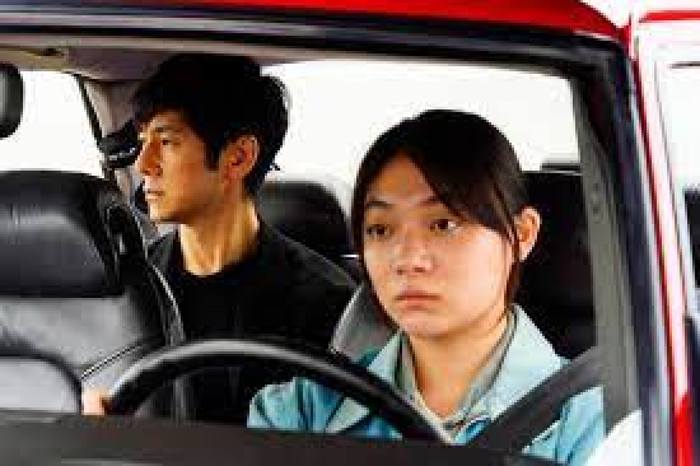ROME - DRIVE MY CAR by Ryūsuke Hamaguchi, adaptation of the eponymous story by Haruki Murakami contained in the collection Men without women (2014), is full of Japanese aesthetics made of maniacal rigor and a pinch of madness. The film, in cinemas from 23 September with Tucker Film and in competition for Japan at the Cannes Film Festival where it won the screenplay award, stars Yusuke Kafuku (Hidetoshi Nishijima), actor and theater director full of silence and charm that he never recovered from the sudden death of his beautiful wife, a playwright who had a gift for imagining and telling stories during sex, stories he regularly forgot. Two years later Kafuku is asked to stage Uncle Vanya for a festival in Hiroshima and there, he is assigned Misaki (Tôko Miura) a driver,young and very reserved. It will be she who will have to drive the playwright's vintage car, a Saab 900 Turbo Coupe, of which he is very jealous. Every morning the girl takes Kafuku to the theater where she is auditioning for 'Uncle Vanya', and this for an edition of the multicultural play. However, when the exuberant young actor who has chosen for his uncle Vanya, Kōji Takatsuki (Masaki Okada), is arrested for a fight, the playwright has the difficult choice whether to forfeit or accept him, in the first person, to take on the role of the protagonist of the play by Anton Checov. To get Yusuke Kafuku out of the crisis, it will be the shy driver with whom he slowly fraternized among a thousand silences. The fact is that the two of them both have a sense of guilt that blocks them and that they can try to overcome together. "One of my big themes concerns the way in which communication passes not only through words - says Ryūsuke Hamaguchi Japanese director and screenwriter who this year won the Silver Bear at the Berlin Film Festival for 'Gūzen to sōzō' -. Instead, I think about how I can effectively use silences in my films, because for me silence does not necessarily mean that two people are not communicating or have no relationship. "Finally, to explain the long prologue that introduces the story, says the director. : "In a novel, you are able to comfortably immerse yourself in people's internal mental patterns, but it is more difficult to express the same kinds of things in the film, especially when the character is shy or rarely talks.I so really needed to show that this character carries enormous sadness within him. I needed the audience to really understand his feelings and reactions. "
Drive my car, when silences count
2021-09-18T10:46:52.579Z

Hamaguchi awarded for screenplay in Cannes (ANSA) ROME - DRIVE MY CAR by Ryūsuke Hamaguchi, adaptation of the eponymous story by Haruki Murakami contained in the collection Men without women (2014), is full of Japanese aesthetics made of maniacal rigor and a pinch of madness. The film, in cinemas from 23 September with Tucker Film and in competition for Japan at the Cannes Film Festival where it won the screenplay award, stars Yusuke Kafuku (Hide
